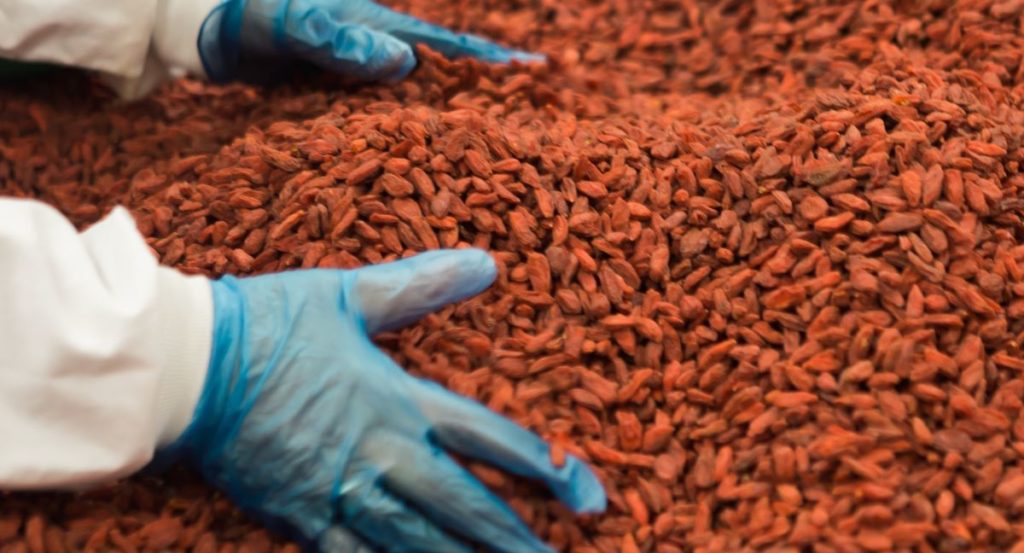For companies that produce bulk solids, one of the most significant factors to consider is energy use. However, the technologies that would make renewables a viable primary source of energy is not yet within the reach of most producers.
As any factory owner or manager knows, efficiency is the key to a healthy production model. Margins in manufacturing have always been slim. Moreover, as automation re-shapes the industry globally, companies need to review every aspect of their production line. Especially, they must have an eye to reducing waste and getting the most out of every input.
For companies that produce bulk solids, one of the most significant factors to consider is energy use. For example, prices for traditional fossil fuels tend to be vulnerable to international market trends and domestic political concerns. Major strides have been made in wind and solar energy. However, the technology that would make renewables a viable primary source of energy is not yet within reach of most producers.
This means that one of the first things a producer of bulk solids should consider when it comes to making operations more efficient is energy waste. The good news is that research into green energy continues to advance. This means there are a growing number of tech options. And many of these can help you get more out of your energy inputs.
RELATED ARTICLE: CREATING A GREEN OFFICE ENVIRONMENT IS EASY
Targeting Waste in Heating, Cooling, and Drying
Heating and cooling require significant amounts of power. Also, depending on the bulk solids you are producing, heat exchangers may account for a major percentage of your production line’s total energy use.
Therefore, targeting this waste is one of the best ways to reduce your overall energy use. If you click here you can read about some of the ways new heat exchanger technology makes it possible to do just this.
Most traditional heat exchangers use air and other gasses to heat and cool bulk solids. While this is a comparatively low-tech solution, it is one that involves a number of drawbacks. For example, the use of gasses increases the risk of contamination. Moreover, it can also make it difficult to recycle energy once it has been used.
But new heat exchangers like the ones designed by Solex Thermal get around this problem. They do this by using plates to heat, cool, and dry bulk solids. This approach uses significantly less energy. Moreover, it also requires less frequent cleaning. Plus, it makes energy storage for future use more feasible.
Increasing Automation for the Production of Bulk Solids
Anyone with experience in the manufacturing industry knows that for decades, automation has been the name of the game. But automation doesn’t just help you cut down on labor costs. It can also make production itself more energy-efficient. It does this by regulating energy use more carefully and standardizing energy use and input.
Which aspects of your production line can be automated will depend to some extent on what bulk solids you are producing. However, it is worth exploring how the latest automation technologies can help you stay competitive by making you less reliant on labor costs. Additionally, it will also make your production line more efficient.
According to a Canadian government study, the use of energy-efficient technology in that country has saved more than $5.1 billion in energy costs since 1990. For many firms, initial investments in energy-efficient technologies have had a huge effect on long-term profitability. Moreover, in an era when outsourcing has been a major aspect of the industry, it may have made the difference between success and failure for some manufacturers.
Therefore, ensure that you benefit from these savings. Stay competitive with other companies in your market and improve the overall energy efficiency of your bulk solids production. This is absolutely essential for your company’s long-term viability.


